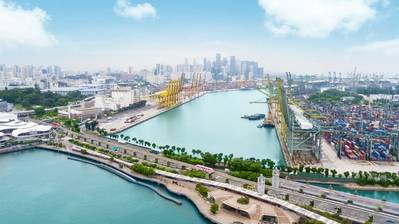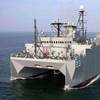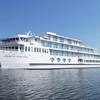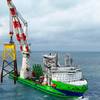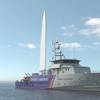Jurong Marine Services Orders LNG Hybrid Tug
Sembcorp Marine subsidiary Jurong Marine Services has ordered a hybrid tug for delivery from the Sembcorp Marine shipyard by the end of 2020.
The tug, which will operate in Singapore harbor, will be equipped with ABB’s electric propulsion, power, energy storage, control and automation technology, making it the first tug in South Asia capable of switching between low emission liquefied natural gas (LNG) engines and zero-emission battery power, ABB said.
LNG as a fuel virtually eliminates sulphur oxide emissions, while the Maritime Port Authority of Singapore (MPA) is also incentivizing its use to support the International Maritime Organization’s aims to halve ship CO2 emissions by 2050.
ABB said the project represents the first delivery of its power and distribution system Onboard DC Grid for a tug application. Leveraging Onboard DC Grid, the vessel will be able to deploy 904 kWh of battery power for zero-emission operation, as well as for peak shaving – improving utilization of electricity use on board.
“This is a breakthrough in the tug market for the ABB’s energy storage technologies and a strong validation of Onboard DC Grid as the ultimate solution for power management efficiency for hybrid propulsion,” said Juha Koskela, Managing Director, ABB Marine & Ports. “Future-proofing for a different energy mix makes particular sense for tugs and other port service vessels, as the most likely candidates to face imminent environmental restriction.”
Gas fueled engines face a particular challenge when it comes to handling the fast-changing load capabilities demanded by tugs, ABB said. Leveraging the Onboard DC Grid system, the tug’s engines will be able to run at variable speeds for optimized LNG fuel economy at each load level.
Additionally, through integration with an energy storage source, the batteries will be able to provide power to the tug’s propulsion system almost instantaneously. Leveraging the capabilities of Onboard DC Grid, the LNG engines will not have the need to be tied to a fixed speed against dynamic loads, and would be able to provide energy at variable revolutions per minute (RPM), further enhancing efficiency, responsiveness and sustainability of tug operations. ABB’s scope of supply also includes the DC drives for the PTI/PTO variable speed shaft generator, which integrates with the energy storage battery.



